Where do the Egyptian workers live in Jordan?
Read the full article in Arabic here on the Raseef 22 website
Ezzeldeen Al Ntour
About two weeks ago, an Egyptian worker died and his companion was injured after the roof of their primitive dwelling collapsed on a farm in Jordan’s northern Jordan Valley, again highlighting the ineligibility and seriousness of places where migrant workers work and live.
The number of Egyptians working legally in Jordan is estimated at 170,000, making up the largest proportion of expatriate workers, about 55%. However, the Ministry of Labor reports that the total number of Egyptian workers illegally is much higher.
Most Egyptians work in the most hazardous and neglected sectors: agriculture and construction.
Civil society organizations in Jordan are critical of the idea of working and living in the same place, because it allows the employer to control it, and entails a series of violations that begin with the seizure of official documents of workers and increase working hours and conclude with full control of their lives until the end of their permits.
However, most employers do not commit themselves to provide decent accommodation for workers.
Workers’ homes vary according to the nature of their work. The more severe the work they practice, the more difficult the place becomes, especially in the winter.
But where do these workers live? How do they adapt to the places they live in? What drives them to do so?
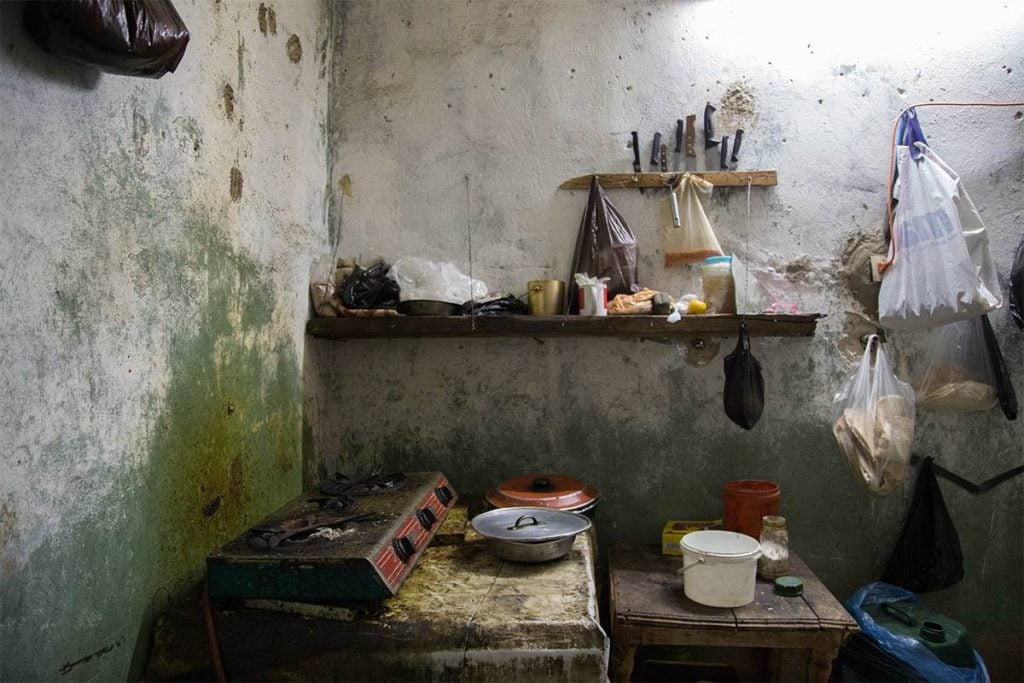
Mahmoud, 33, came to Jordan about 10 years ago from the village of Beni Suef. He works in a nursery in the central Jordan Valley, about 80 km from the capital, Amman, and lives there.
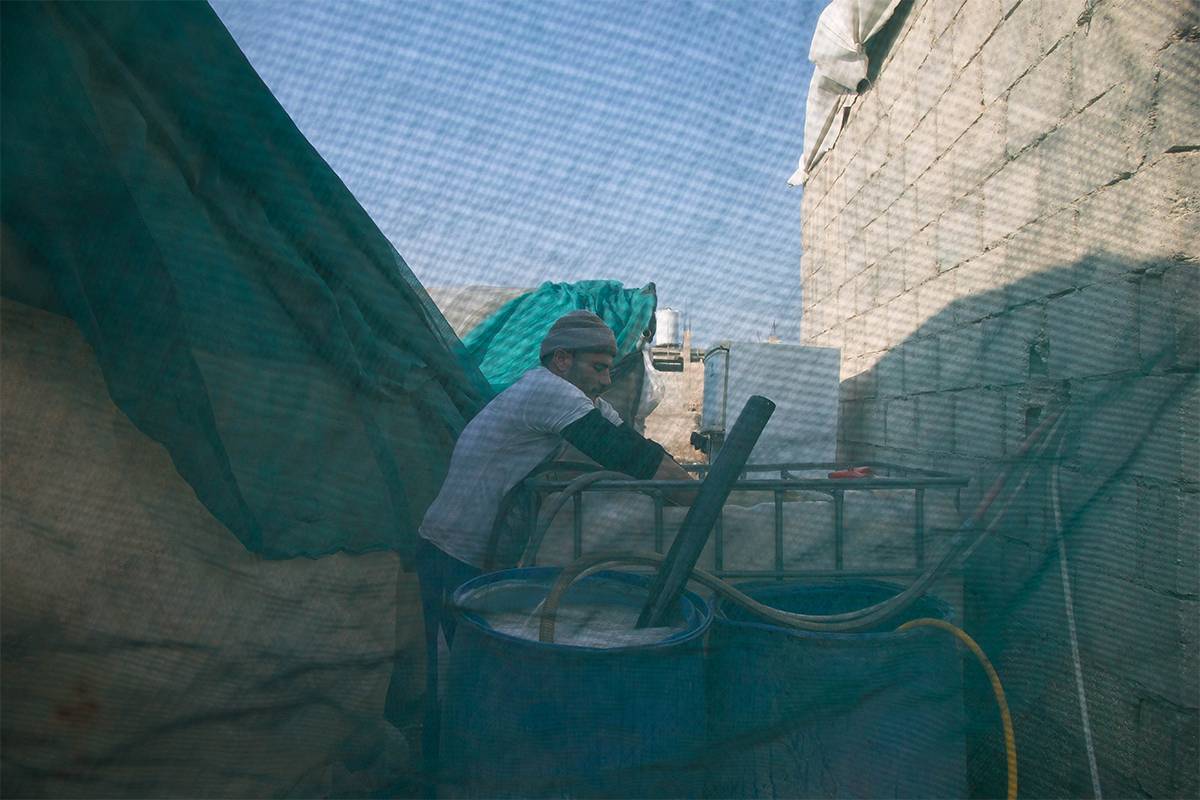
Mahmud’s job is to care for the nursery, which extends over an area of approximately 10 dunums, except spraying the plants with dangerous pesticides without equipment that provides him with safety.
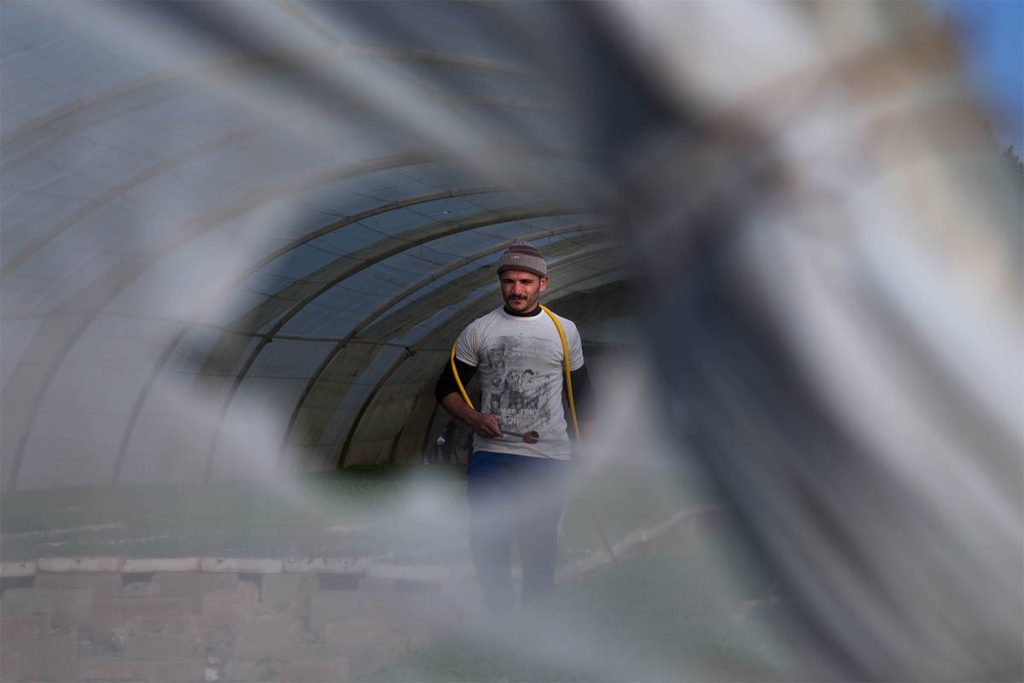
Mahmoud spends most of his time on the farm because he fears the employer’s resentment if she leaves.
He says that he does nothing in the room, which has only a modest bed next to the pesticides, and that he does not have much of the options “we owe a living.”
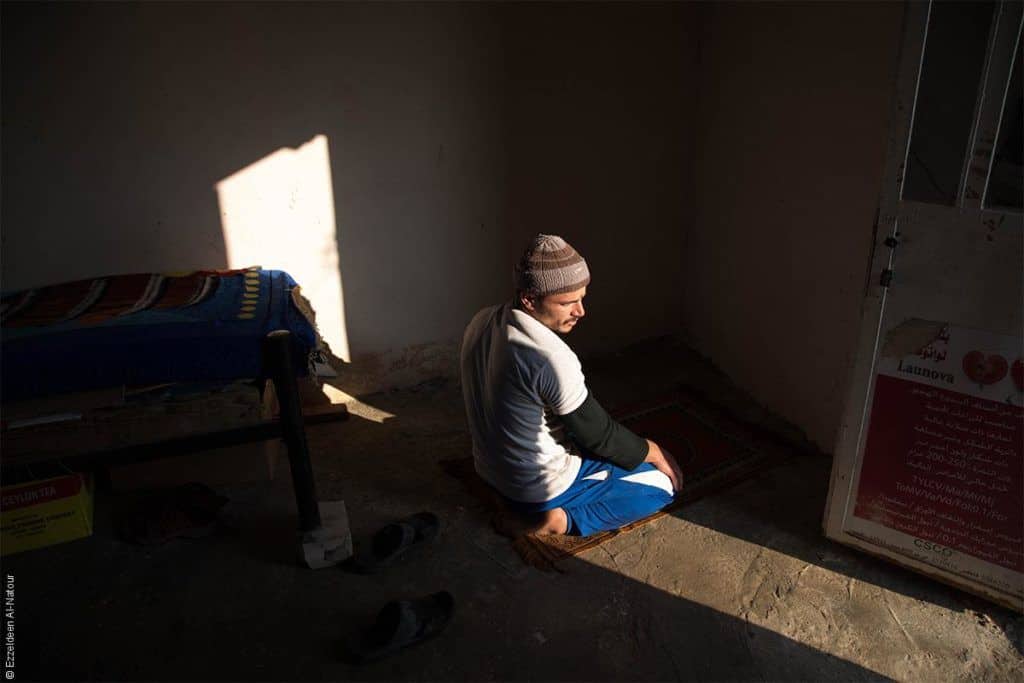
Mahmoud’s housing situation seems reasonable in comparison with some of the nearby workers’ homes, especially if the house houses about 30 workers living in three adjacent rooms, some sleeping side by side.
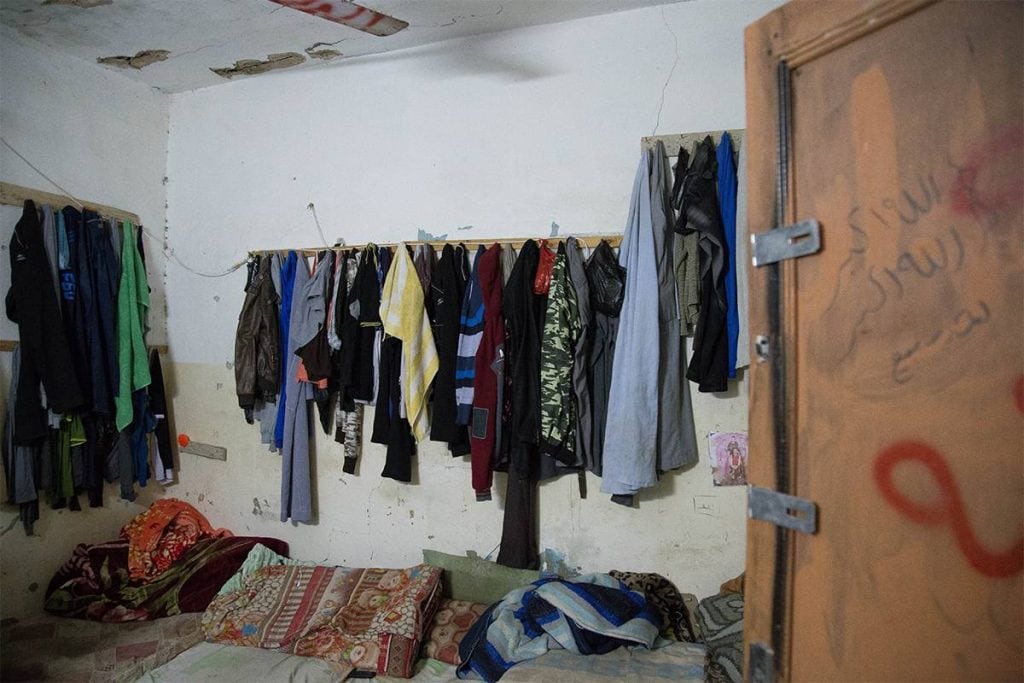
The workers who live in this place work with a number of farm owners, but they pay a rent of 40 dinars per person, to the owner of a farm where some work.
Yahya, 35, is the son of Sharkia, an agricultural province that has worked in agriculture for more than a decade.
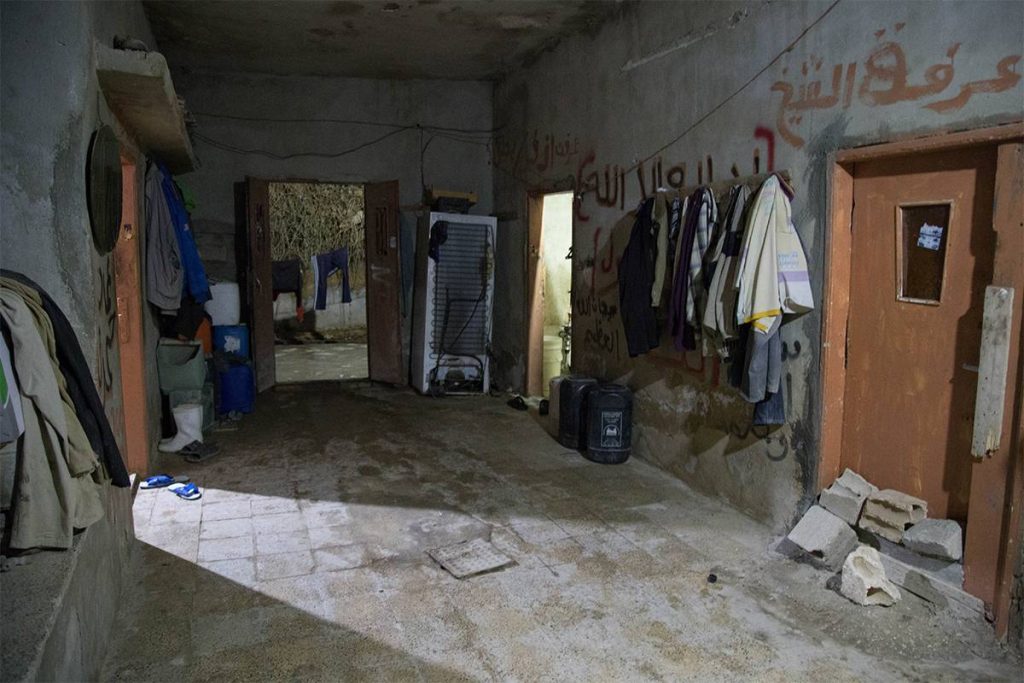
Yahya longs for his brothers, and their images hang over his humble bed. He says: “Let’s work, life here is difficult, I do not live between two people, but I return to live Karim in my country, I can bear it.”
The conditions of workers are slightly better as they approach the capital, Amman, like any other area in Jordan, but this does not apply to migrant workers.
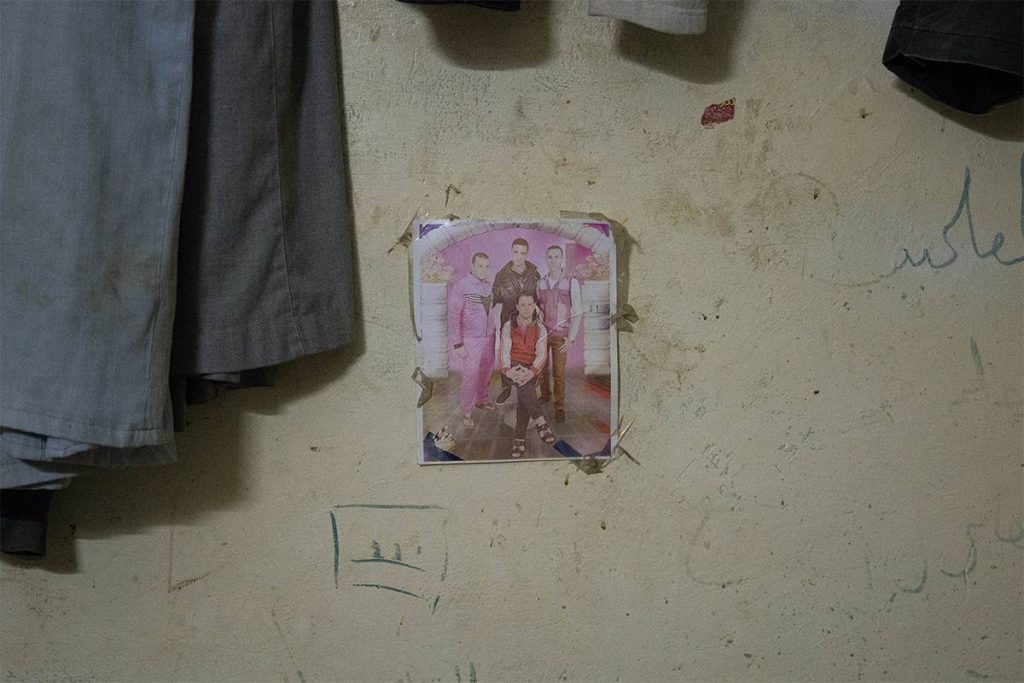
Ahmed works in “Jaroush Ghaboub” in Amman and sleeps in a modest room beside it for about 5 years.
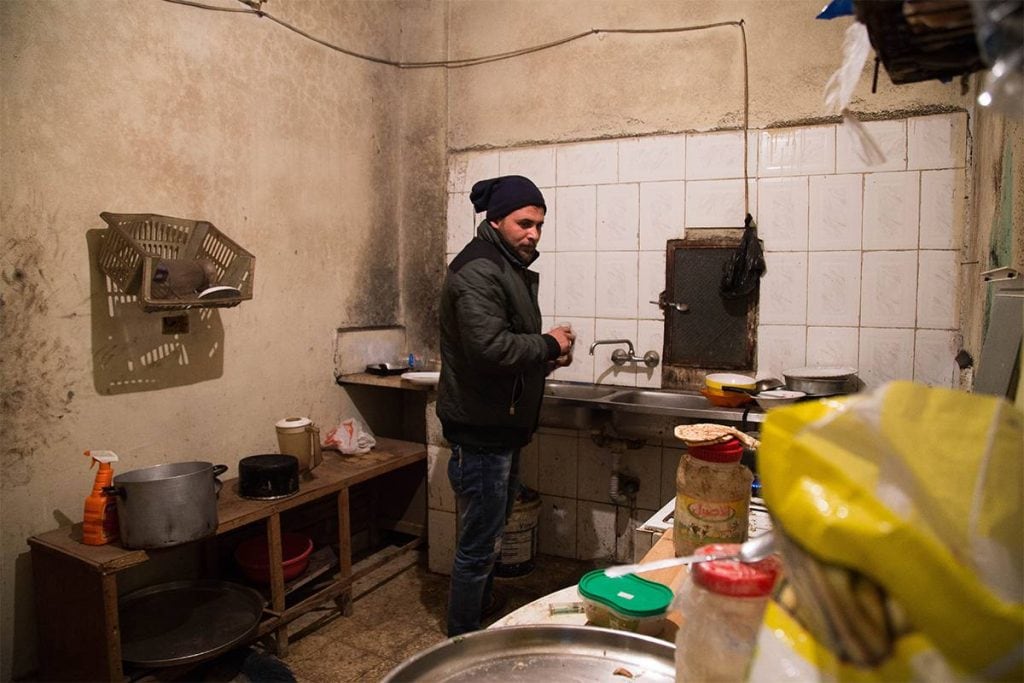
The area where Ahmed lives and works is known for its cold winter, and because his room is one of the few rooms with warmers frequented by workers close to him in the evening, and they spend the evening off the television, which does not work most of the time because of the wind.
Ahmed is waiting impatiently to return to his country to get married: “I am enough of a stranger, I will go back to complete a full religious text, but I look like I will return here again, the situation is difficult in the country.”
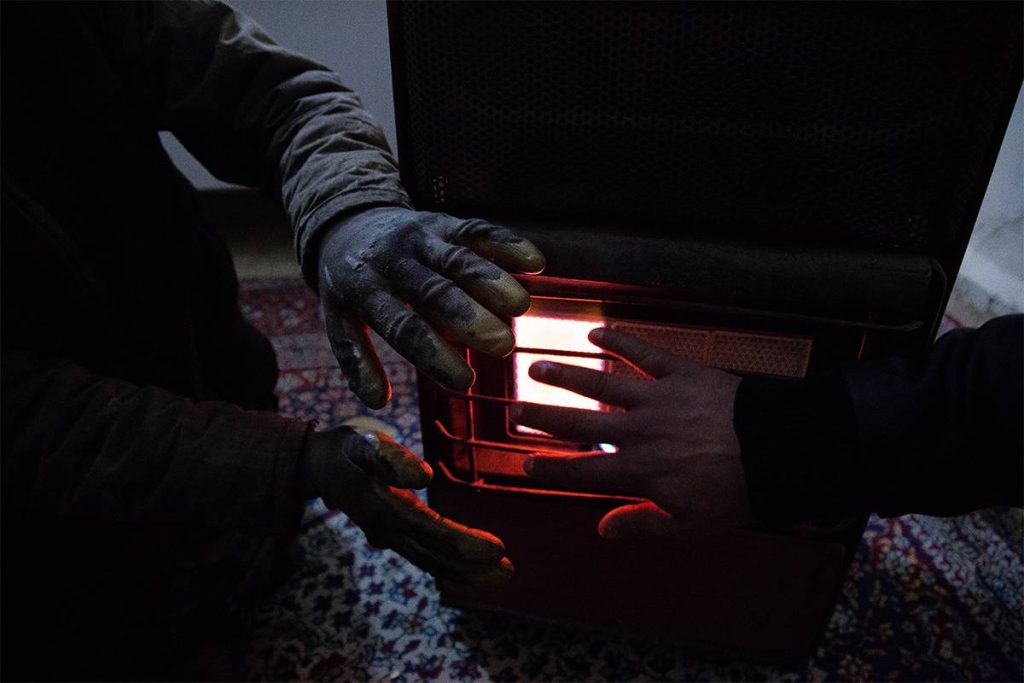
This picture was drawn by one of his colleagues just returning from the country.
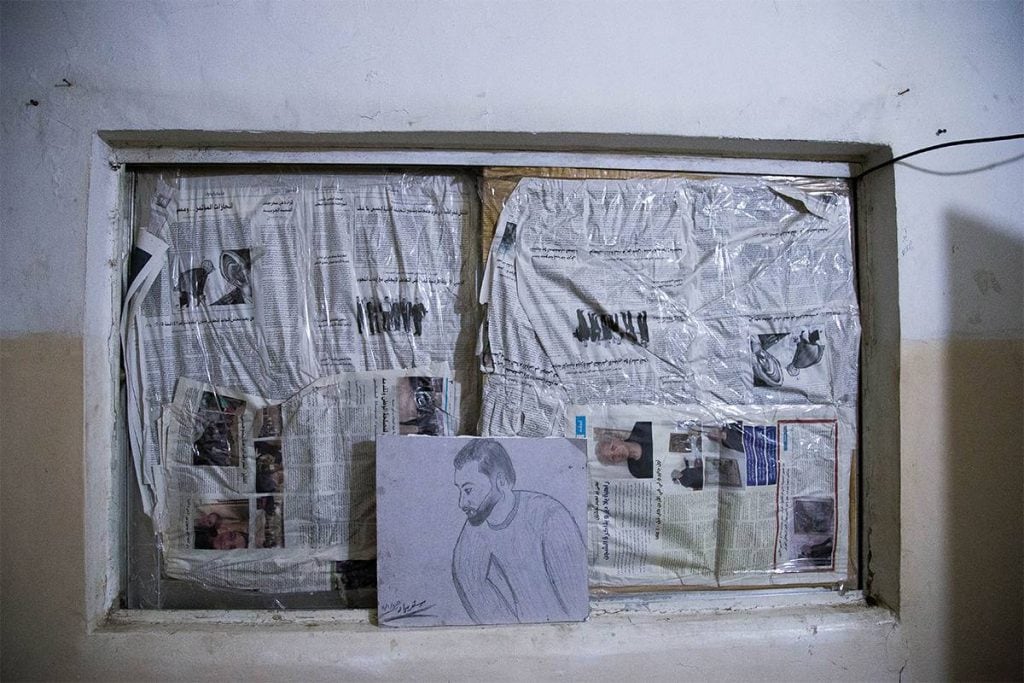
Abu Ahmed barber practiced his profession since he was a child. He came to Jordan recently to practice this profession. He works and lives in the same place. He is divided in two parts, part for shaving and part for sleeping.
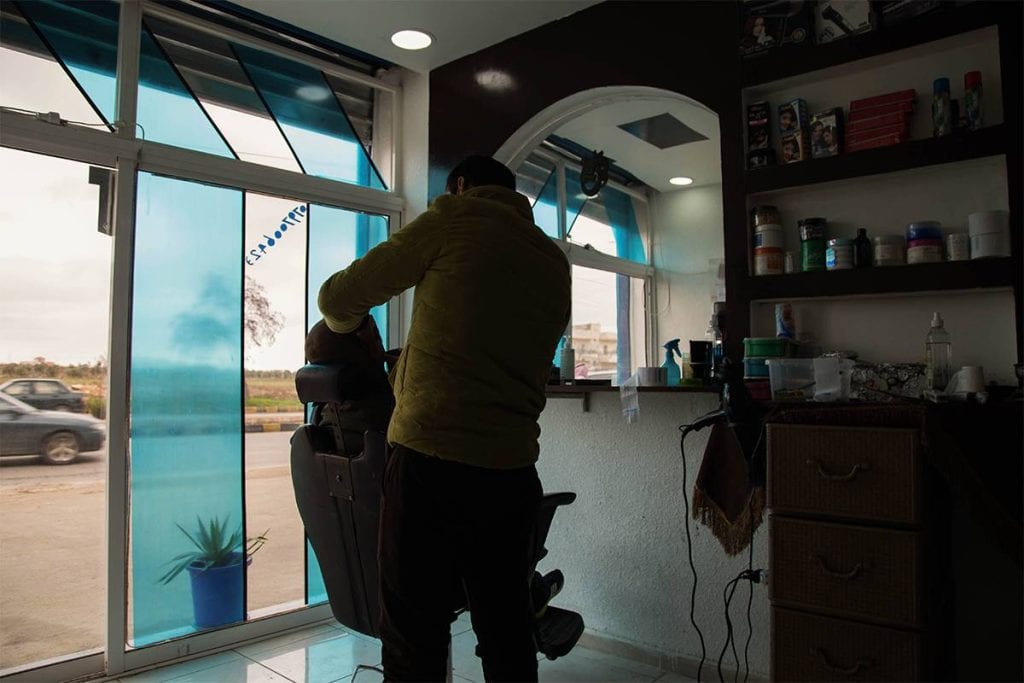
Abu Ahmed says the main motive for working and living in the same place is his strong need to save. “The country is very expensive here, and I need everything more.”
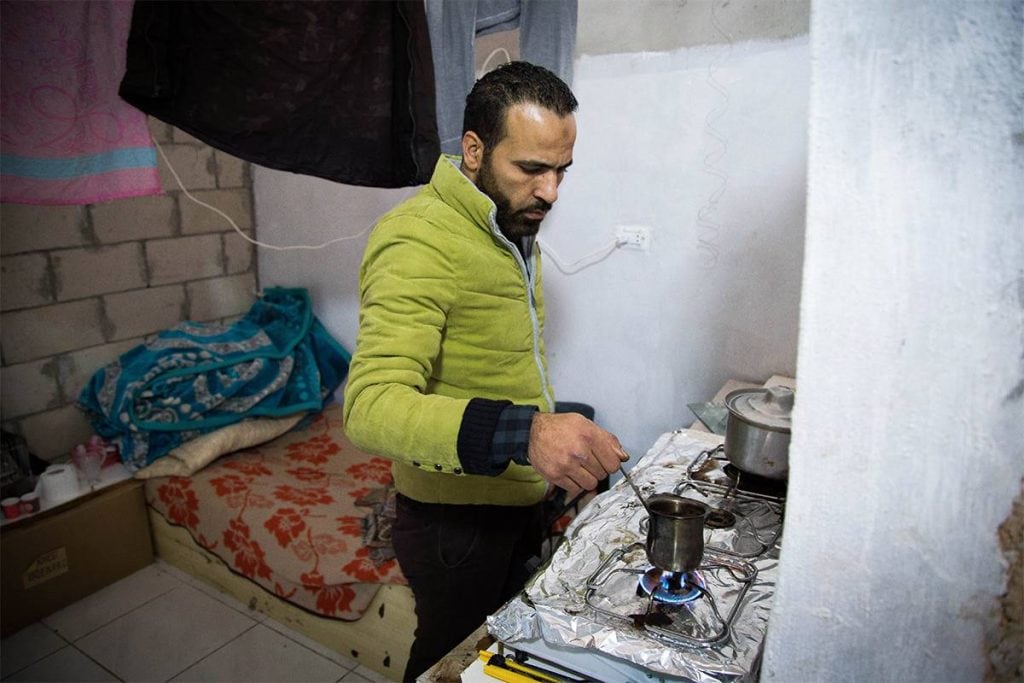
Abu Ahmed always keeps his four children in his mobile phone. “He needs to give up one of his children and live here.
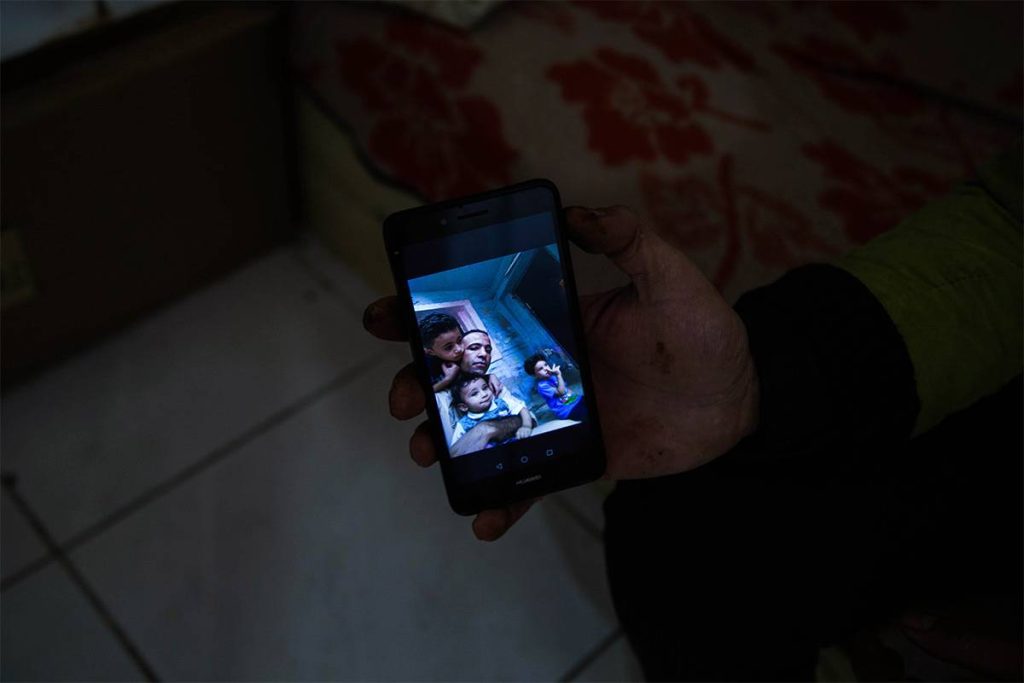
Report and images: Ezzeldeen Al Ntour. Ezzeldeen Al Ntour is a journalist and photographer who works on documenting human stories both visually and in writing. He worked for Haber magazine and Amman Net, winner of the Human Rights Journalism Award in Jordan in 2015, and the Human Rights Journalism Award in 2016, and participated in preparing specialized human rights reports on migrant workers in Jordan.